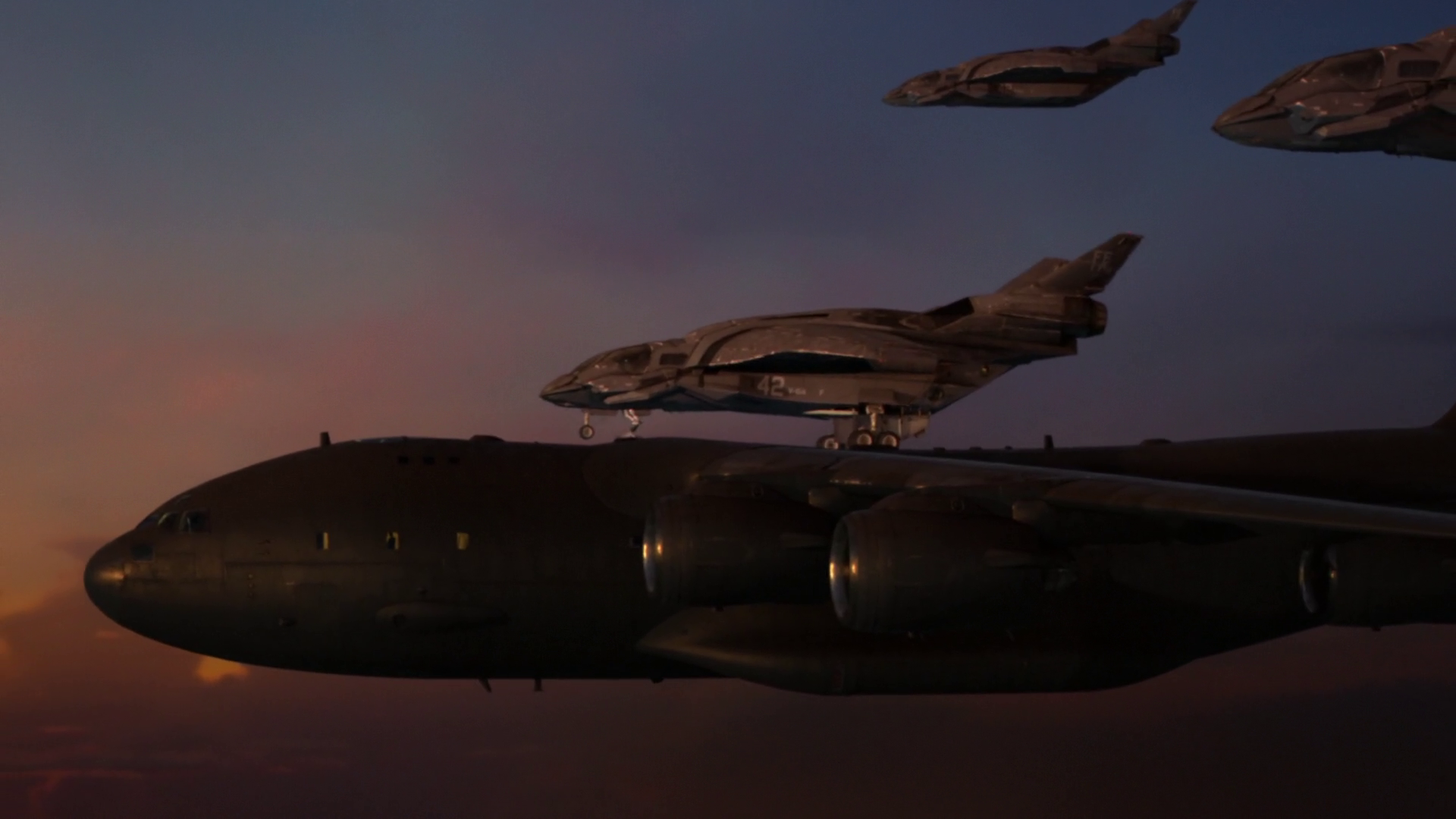


In response to increasingly expansionist behavior by China, the Philippine government invited the U.S. Formerly an important US naval base in the Pacific, Subic Bay was closed in 1992 when the Philippine Senate refused to ratify an extension of the American lease on the base. Subic Bay in the Philippines seems a likely candidate. will require naval ports and airbases to act as vital links in its supply chain. In order to project power effectively in the region, the U.S. The Manas experience holds some lessons for the U.S.’ strategic pivot to the Asia-Pacific region. Nonetheless, the announcement in June 2013 that the Kyrgyz government would not renew the Manas lease and that American personnel must vacate the airbase by July 2014 frustrated ongoing operations in Afghanistan. Mihail Kogălniceanu International Airport in southeastern Romania has emerged as another substitute for Manas. As such, the Latvian capital of Riga has become a new major logistical hub. The Northern Distribution Network is one attempt to account for the dangers of shipping supplies through Pakistan to Afghanistan and the future loss of Manas. hurriedly adjusted its transportation routes for cargo and personnel destined for Afghanistan. Anticipating the expiry of the airbase’s lease in 2014, the U.S.

By 2011, Kyrgyzstan’s newly elected President Almazbek Atambayev had already indicated his opposition to the continued American presence in Manas. However, this only delayed the inevitable. military resources are stretched so thin. In February 2009, Kyrgyzstan’s legislature voted to close the airbase after Russia offered to provide $2 billion in loans and $150 million in financial assistance to the Kyrgyz government the closure was only averted when the US offered to increase its annual lease payments for the airbase from $17 million to $60 million and to provide additional financial assistance worth $117 million.Īmerican influence could be seriously inhibited through the actions of even small terrorist groups, in large part because U.S. By 2005, the Russians and Chinese had pressured the Shanghai Cooperation Organization, a regional institution, to issue a declaration condemning America’s presence in Central Asia and calling for Manas’ closure. Russia and China almost immediately took issue with the American presence in Manas, wondering to what purpose they would direct this strengthened presence in Central Asia over the long-term. Previously a Soviet airbase, Kyrgyzstan agreed to lease the facility to the US in December 2001 and it was soon converted into a major transit hub for U.S. The Manas Airbase in Kyrgyzstanįor example, the logistics of state-building operations in Afghanistan suffered considerably when the Kyrgyz government demanded the closure of the Manas Transit Center. An attack on a particularly vital base or an unexpected closure could seriously interfere with the U.S.’ strategic rebalancing and force policymakers to scale back plans in one or more regions. A worldwide network of bases exists to move supplies where they are needed just in time. However, the projection of American influence could be seriously inhibited through the actions of even small terrorist groups, in large part because U.S. Though regional powers like Russia and Iran may posture or provoke, no state or coalition of states has the capacity to come out ahead in a direct confrontation with the U.S. Described as a ‘hyperpower’ by some commentators, the United States’ global hegemony is beyond dispute.


 0 kommentar(er)
0 kommentar(er)
